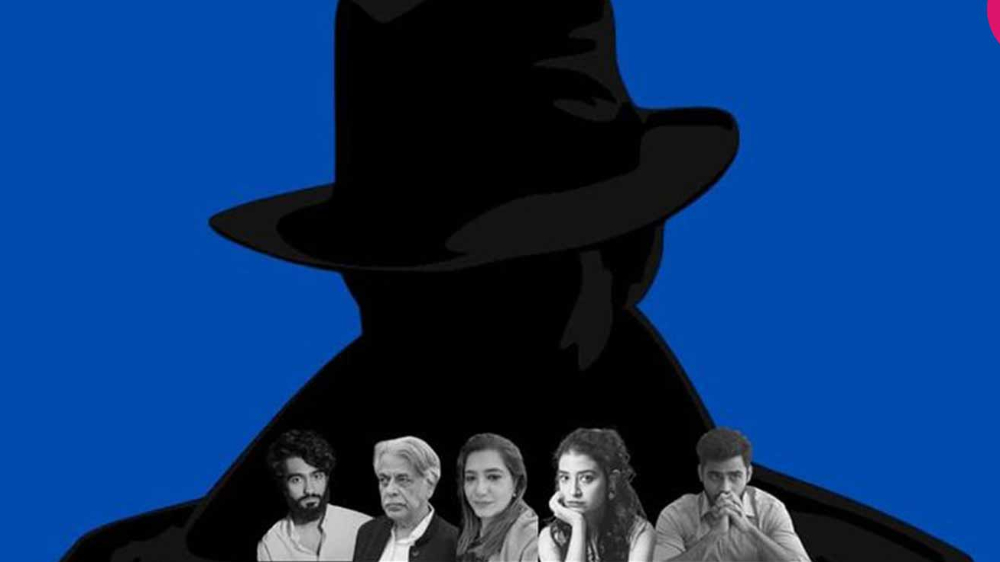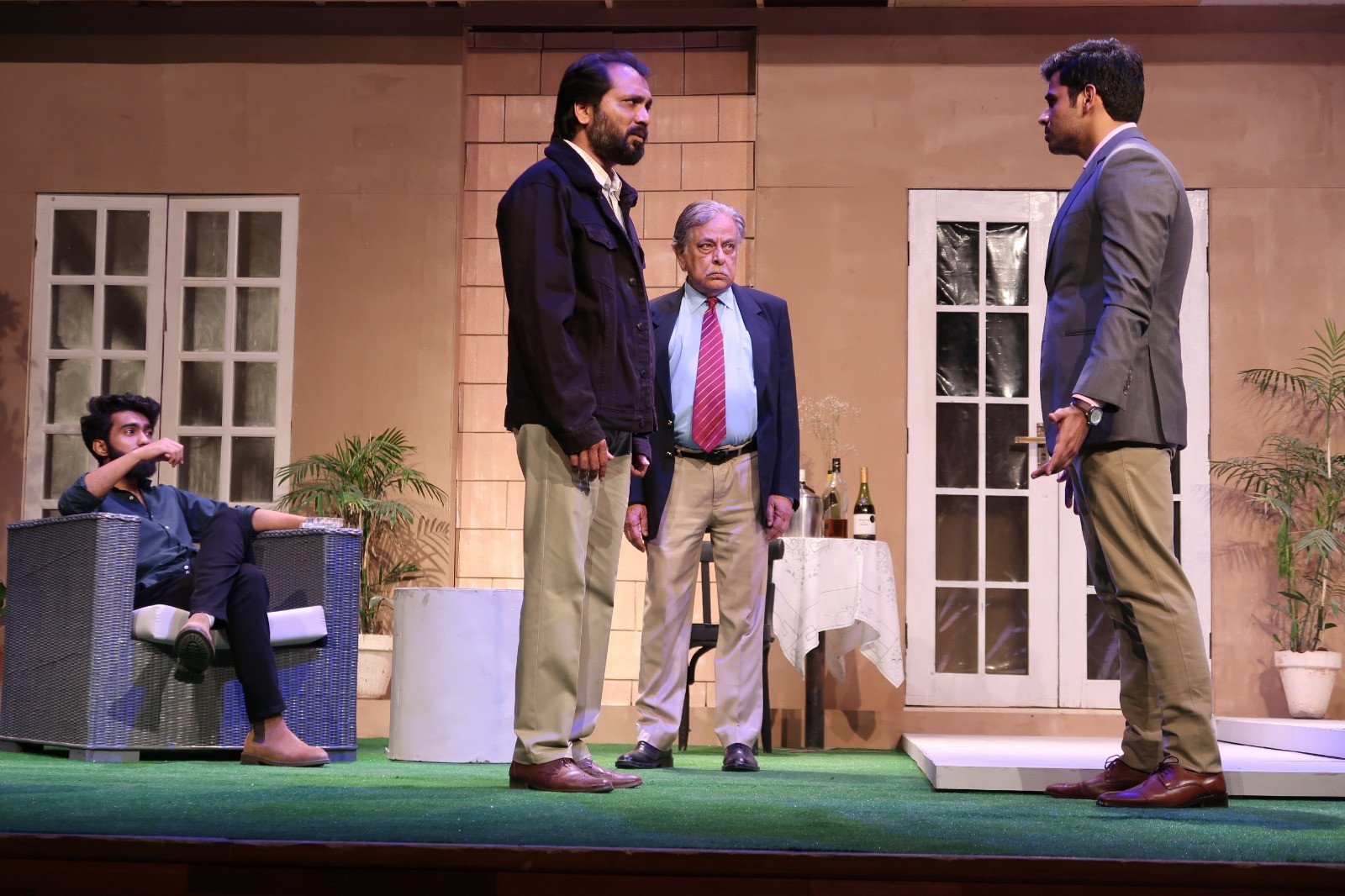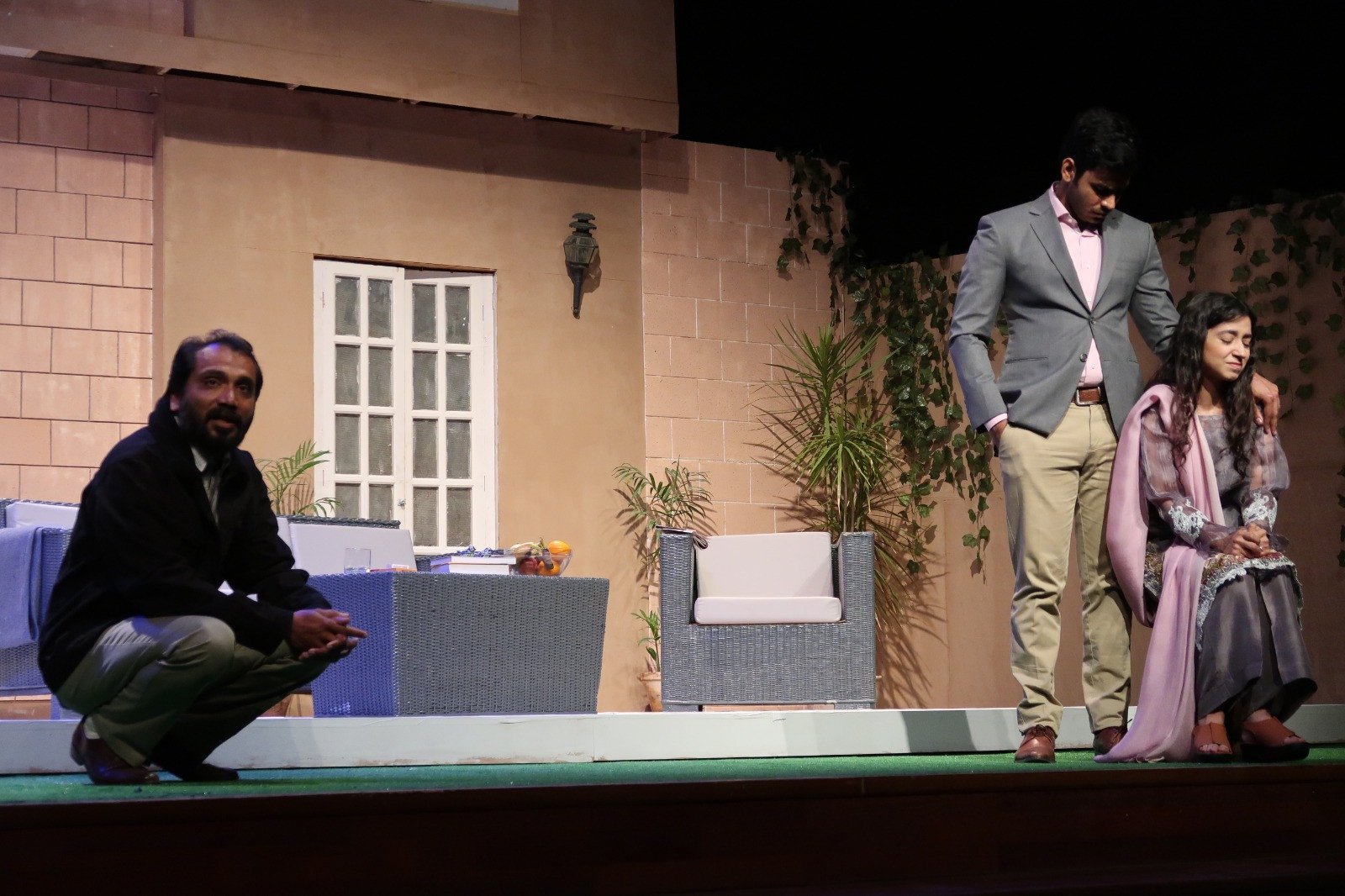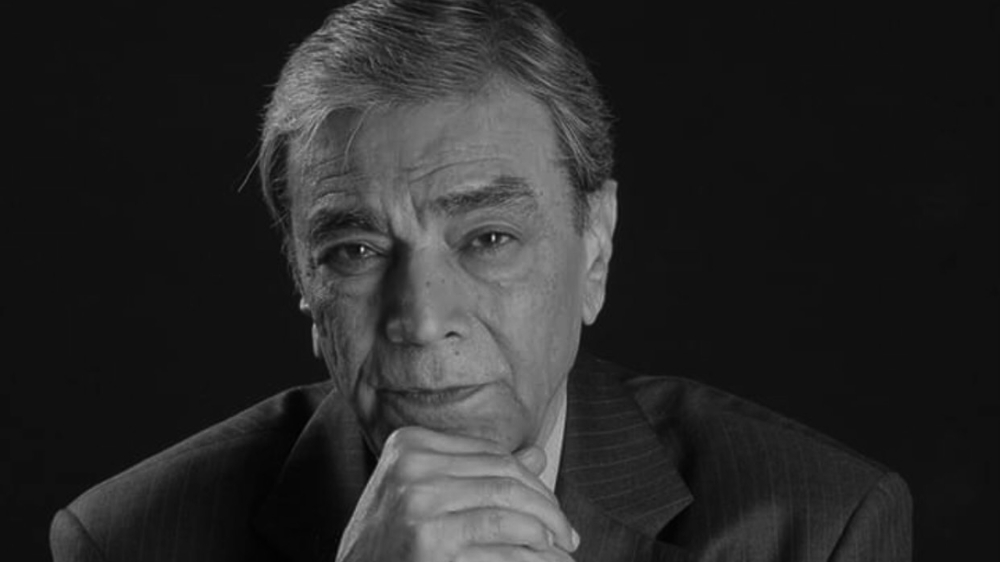Édouard Louis once said, “There is a will that exists, a desperate, continual, constantly renewed effort to place some people on a level below you, not to be on the lowest rung of the social ladder”. This reverberates through my mind as I watch An Inspector Calls – a play aired until 19th March at the National Academy of Performing Arts (NAPA).
Adapted in Urdu by Khalid Ahmad from J.B Priestley’s play of the same name, the show offers up social commentary on classism and elitism propagated through capitalism, lack of accountability and corruption. The story revolves around a police inspector who comes to interrogate a family about the suicide of a factory worker. What follows is a set of mysterious questions, untangling the plot of the story.
It stars a mix of veteran actors and emerging stars, such as Hayat Fazaldin (essayed by Khalid Ahmad), Hayat Fazaldin (Masooma Nadir), Inspector Saeed Kamal (Nazr-ul-Hasan), Salman Fazaldin (Ashmal Lalwany), Sarfaraz Shan Ali (Yogeshwar Karera), and Sara Fazaldin (Anusha Khalid), offering viewers an opportunity to see dynamic interactions between the old and new talent.
The play gives off Knives Out-esque vibes right from the beginning (owing to the fact that both were adapted from J.B Pristley’s play). While the house music drops little cues about the potential nature of the story, the set design – featuring a well-lit veranda decked with faux trees and grass, white-and-grey sofas, and a fully-stocked, rustic wine table – makes it relatable to the Pakistani audience. I particularly loved the performance of Nazr-ul-Hasan, Masooma Nadir and Anusha Khalid who nailed their respective roles, driving home the message of the play.
That said, there were certain things that didn’t quite hit home, for instance, the father’s mild anger towards his son after the big revelation. As a viewer, I felt the scene lacked the intensity expected of the strict disciplinarian as a result of the prolonged build-up in the story. Similarly, some dialogues seemed too preachy – at times even to the point of pretentiousness, with the narrative taking a towering high moral ground, losing its audience somewhere in a la la land. But the multi-faceted ending makes it up for me!
This is the first play that was started under the patronage of the late Zia Mohyeddin Saheb but opened to public viewing after his demise.
As per the play’s director and veteran actor, Khalid Ahmed:
This play had a deep emotional impact [upon us] because this is the first play in the history of NAPA that Zia Mohyeddin Saheb didn’t see, otherwise he used to come to rehearsals, give us advices and notes. We started working on this play during his life and he gave us full support and blessings. He also liked the play very much.
But as they say, the show must go on, so it will, by the greatest legacy of the thespian-par-excellence, Zia Mohyeddin.
Visit the Lens celebrity portal to find out more about your favorite stars.













